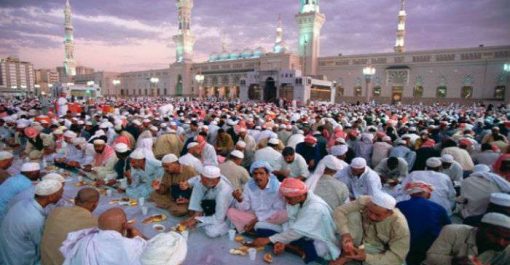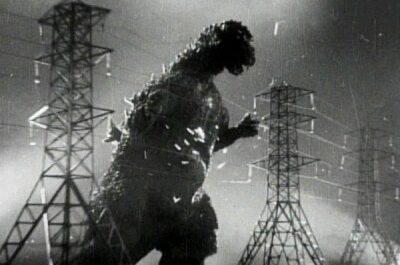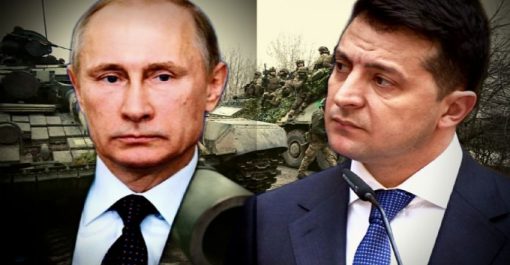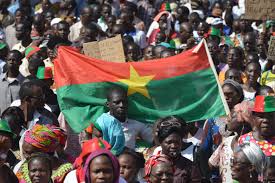GAME CHANGERS 2020:
A new future dawns on international security Advanced Research Workshop Organised by the NATO Defense College Foundation in co-operation with the NATO Science for Peace and Security Programme, the Policy Center for the New South, and the NATO Defense College.
Rome, the 10th and the 11th of December 2020
Venue: Live streamed from the Rome Cavalieri, A Waldorf Astoria Hotel, Via Alberto Cadlolo, 101, Rome
THURSDAY, 10TH OF DECEMBER 2020
15,00 – 15,10 CET
Welcome Remarks
Alessandro Minuto-Rizzo, President, NATO Defense College Foundation, Rome
Olivier Rittimann, NATO Defense College, Rome
15,10 – 15,20 CET
Opening Remarks
Ian Lesser, Vice President; Executive Director, Transatlantic Center, The German Marshall Fund of the United
States, Brussels
15,20 – 16,40 CET
CONVERSATION
CLIMATE CHANGE AND SCARCE RESOURCES: RISING CONFLICTS
Climate change and resources scarcity are two scenarios that become increasingly relevant. The effects of climate change, like rising sea waters, desertification and increasing heat in wide geographic areas, and frequency of extreme thunderstorms, may have significant influence on essential logistics and combat operations. Water is the next paramount issue, traditionally linked to the control of flows on major rivers and now creating possible flashpoint around new dams. Finally, the control of arable land and associated basic crops recreates another important object of international and subnational contention, as it was for centuries when agriculture was manintensive.
Moderator: Maurizio Caprara, Foreign Affairs Commentator, Corriere della Sera
Stefano Silvestri, Vice President, NATO Defense College Foundation, Rome
Mahmoud Karem, Professor, British University; former Ambassador to NATO and the EU, and
Commissioner, Human Rights Council, Cairo
TBC, Policy Center for the New South, Rabat
Jan Kickert, Ambassador of the Republic of Austria to Italy
Q&A Session
18,00 – 19,30 CET
CONVERSATION
THE SECURITY-HEALTH NEXUS AND THE TRANSATLANTIC RELATIONSHIP
The NATO Strategic Concept includes health risks as factors that will further shape the security environment and potentially
affect NATO planning and operations. What are the main political and operational lessons from the pandemic crisis? How can
contingents deployed operations alleviate complex health emergencies in fragile countries? How is the pandemic affecting the USA-Europe relationship and how to enhance this multifaceted and historical cooperation after the crisis?
Moderator: Stephen Mariano, Dean, NATO Defense College, Rome
Frediano Finucci, Journalist, La7 Television **
Daniele Riggio, Press Officer; and former NATO Political Advisor in Afghanistan, NATO HQ,
Brussels
Cathryn Clüver Ashbrook, Executive Director, The Future of Diplomacy Project; and
Executive Director, The Project on Europe and the Transatlantic Relationship, Harvard Kennedy
School, Cambridge (USA)
Andrew Spannaus, Journalist and Political Commentator
Q&A Session
19,30 – 19,40 CET
Concluding Remarks
Nicholas Burns, Former Under Secretary of State for Political Affairs; and Roy and Barbara Goodman Family
Professor of the Practice of Diplomacy and International Relations, Harvard Kennedy School, Cambridge
(USA)
END OF THE FIRST WORKING DAY








